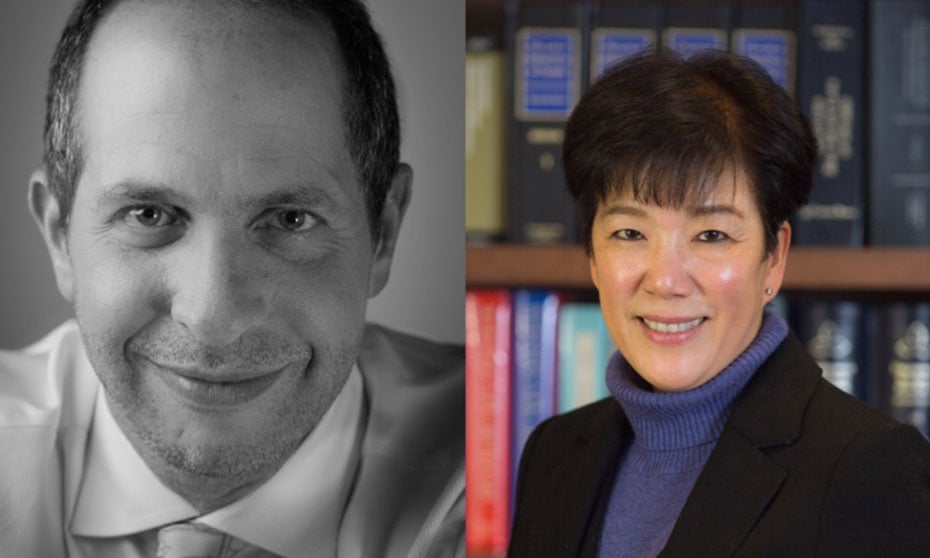
Group says returning bencher’s comments send wrong message

Several benchers say they will not approve Toronto lawyer Jonathan Rosenthal’s return to Convocation unless he issues an apology for comments made this summer. They cited comments Rosenthal made about their colleague, Chi-Kun Shi.
Rosenthal is set to be approved as a bencher at an Oct. 24 meeting, replacing Orlando Da Silva, who resigned earlier this autumn. Rosenthal would be next in line for Da Silva’s spot by virtue of the number of votes he received in April’s bencher election, according to bylaws. He is also an experienced bencher, having previously served on the regulator’s board.
Benchers John Fagan, Sam Goldstein, Cheryl Lean, Murray Klippenstein, Marian Lippa, Cecil Lyon, Alexander Wilkes, Phil Horgan, Jean-Jacques Desgranges, Ryan Alford, Trevor Parry, Nick Wright, Gary Graham, and Chi-Kun Shi — all part of a slate of opponents of the now-defunct statement of principles—oppose Rosenthal returning as a bencher.
In a letter to Treasurer Malcolm Mercer, the group said it would not vote to approve Rosenthal due to his comments to a newspaper this summer. Particularly, the group took issue with Rosenthal’s criticisms of Chi.
Among Shi’s controversial clients is Ernst Zundel, who publicly denied the Holocaust. Shi’s supporters have said she “is unflinching in her commitment to the principle that everyone deserves able and committed legal representation no matter how unpopular the client or the cause.” She also worked on cases for “the family of Steven Chau, a schizophrenic who suffered a psychotic episode during which he killed his wife and two young children” as well as “grocer David Chen in the Lucky Moose citizen’s arrest case,” they noted.
Rosenthal reportedly said that while he firmly believes that anyone charged with a crime “is entitled to a vigorous defence,” repeatedly representing certain causes in both the criminal and civil context is concerning.
The comments “can be seen as placing peer pressure on lawyers not to represent certain kinds of clients or causes or else the lawyer will be identified with the client or the cause,” the group of opposed benchers wrote. “To accept [Rosenthal] with no apology or with no asterisk beside his name would send the absolute opposite message that the LSO wants to send the public, and what the LSO stands for: All people have a right to legal representation no matter who or what they are fighting for.”
Rosenthal’s opponents so far are a minority of benchers.
Shi was defeated in an election for treasurer of the law society, which prompted media coverage of her platform. She ran with the backing of a larger slate who opposed the statement of principles. Proponents of the statement of principles, including Rosenthal, said it was a key part of supporting the profession’s diversity and inclusion efforts. Opponents of the statement of principles, such as Shi, said the requirement was a form of compelled speech, and that racism within the legal profession was not supported by adequate evidence.
The statement of principles rule was repealed and replaced last month. Law Times has reached out to Shi and Rosenthal for interviews and will post updates on their responses.
In a brief email, Shi said that her after the article quoting Rosenthal was published, she was “shunned” by a member of the Tax Court.
Rosenthal previously told Law Times that he wants to continue “doing the hard work” of working on access to justice, streamlining the disciplinary process for lawyers, and improving the criminal law opportunities available to students.
“I hope everyone appreciates that there is a great deal of important work to do at the law society. The statement of principles is one issue and it should be voted on and we can move on with all the important work that has to be done,” said Rosenthal in August.